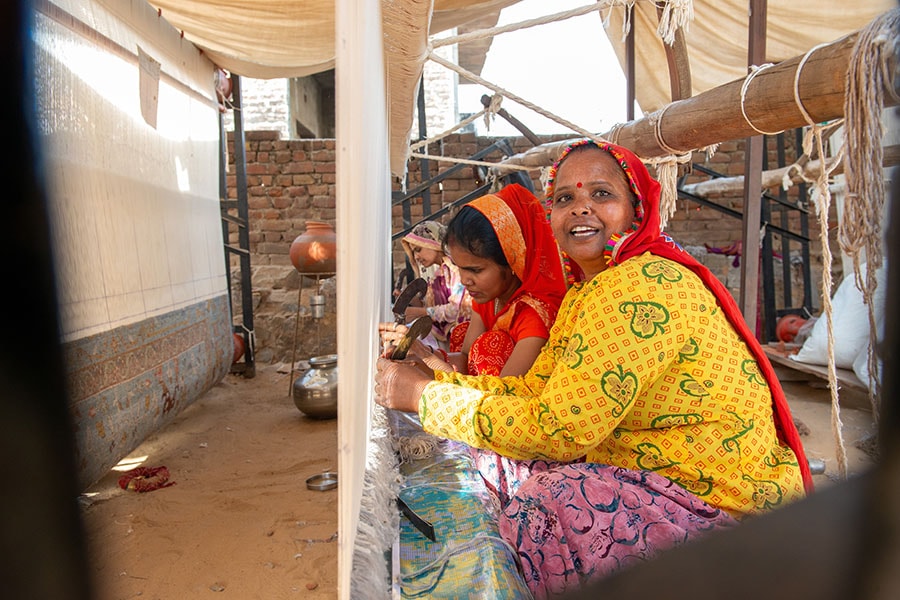
From Patient Capital to Agile Innovation: The balancing act for family businesses in India
Family-owned businesses in India face the challenge of innovating in a fast-changing environment. They need to focus on professionalizing operations, incorporating outside talent, and creating a culture that supports innovation and risk-taking
 In the world of family businesses in India, the elusive challenge of innovation in a hyper-fast and unpredictable environment is as intangible as a ghost.
Image: Shutterstock
In the world of family businesses in India, the elusive challenge of innovation in a hyper-fast and unpredictable environment is as intangible as a ghost.
Image: Shutterstock
In today's fast-paced and rapidly changing Indian business landscape, family businesses face a daunting challenge—the need to innovate or risk becoming obsolete. While succession planning is undoubtedly critical for family-run enterprises, their ability to generate cutting-edge products and services that cater to evolving customer demands is equally vital for survival. As Eric Hoffer, the renowned American philosopher, aptly stated, "In a world of change, the learners shall inherit the earth, while the learned shall find themselves perfectly suited for a world that no longer exists." In the world of family businesses in India, the elusive challenge of innovation in a hyper-fast and unpredictable environment is as intangible as a ghost. It's no longer just about passing the baton of power from one generation to another. Rather, it's about inventing, creating, and introducing new and relevant products and services in a given context—that's what innovation truly means. And in today's time of hyper-change, it's the only way for family businesses to stay ahead of the curve.
Recent studies reveal that only a small percentage of Indian family businesses survive beyond the third generation, a startling statistic that underscores the importance of innovation in today's business world. The challenges that family businesses face in achieving long-term success and survival are numerous, ranging from the need for strategic decision-making, to the ability to attract and retain top talent. Yet, the most critical challenge they face is their ability to innovate continually and respond quickly to new and emerging market trends.
Family businesses are known for their patient capital, which allows them to stick to their plans, be persistent and see them through. However, this very strength can also be a potential weakness in a world where innovators follow the principle of "failing fast". Failing fast is the approach of experimenting, pivoting or stopping an effort altogether based on its results. In the context of family businesses, the need for reputation management and maintaining harmony often leads to capital being patient. However, in a fast-changing, innovation-driven environment, patience can become a hindrance. Family businesses need to find a way to modify their approach to patient capital so that failure is acceptable and innovation is not hindered by the fear of losing face or reputation.
Another trait that has helped family businesses survive for generations is the desire for control. However, this can also be a barrier to innovation in a rapidly changing business landscape. To innovate in unfamiliar territories, family businesses must be willing to bring in outside talent, including hundreds of people as equal contributors to new ventures. However, this goes against the conventional wisdom of family businesses being controlled by family members. There needs to be a mechanism for multiple talented people to be absorbed into the organisation, given equal opportunities to create and generate wealth and contribute as if it were their own business.
Also read: From the Bookshelves: Family business historian Sonu Bhasin on entrepreneurs who built India
[This article has been reproduced with permission from SP Jain Institute of Management & Research, Mumbai. Views expressed by authors are personal.]







